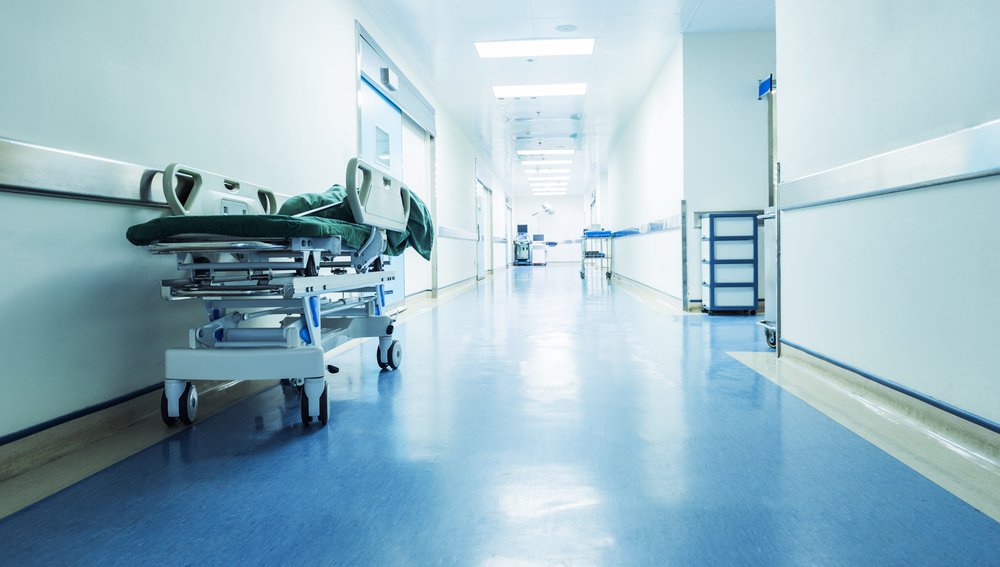A hospital is meant to be a safe place where people go to be treated for injuries and illnesses. Unfortunately, this isn’t always the case — sometimes accidents occur in medical facilities that result in serious and debilitating injuries. Significantly, various hazards exist on hospital property that can give rise to many different types of accidents, including slip and falls. Whether you were a patient, visitor, or worker, you may be entitled to pursue a personal injury action against a hospital if you were injured in a slip and fall due to a dangerous condition that the hospital knew about but failed to remedy.
Causes of Hospital Slip and Fall Accidents
Hospitals must maintain a safe and sanitary environment for patients, visitors, and staff — the premises must not only be properly disinfected, but the property must also be kept in good repair. However, because spills frequently happen and floors must be cleaned constantly, slip and fall accidents are not uncommon. Other causes of hospital slip and fall accidents can include the following:
- Slippery or wet floors
- Debris on floors
- Uneven flooring
- Poor lighting
- Liquid spills
- Icy walkways
- Defective flooring
- Rain accumulation
- Improper floor mats
Hospital slip and fall accidents can cause serious injuries, including broken bones, paralysis, traumatic brain injury, lacerations, soft tissue injuries, fractures, nerve damage, and permanent disability. These types of injuries often require extensive medical treatment and can require a victim to lose time from work during the recovery process. Critically, a hospital can be liable for injuries that arose in connection with a slip and fall accident on the property if staff or another responsible party knew about a dangerous condition and failed to remedy it or warn about it in a timely manner. A hospital can also be held accountable if it should have known through reasonable inspection that a hazard existed and repairs were not promptly made.
Compensation for Hospital Slip and Fall Injuries
If you can establish that your hospital slip and fall injuries were caused by negligence, carelessness, or recklessness, you may be entitled to recover both your economic and non-economic damages in a personal injury action. Economic damages compensate for things like unreimbursed medical expenses, lost wages, out-of-pocket expenses, and other financial losses incurred due to the accident. Non-economic damages, also referred to as “pain and suffering,” are meant to compensate for the physical pain, mental anguish, and loss of enjoyment of life you suffered in connection with your hospital slip and fall accident.
Importantly, you only have a limited amount of time to sue a hospital if it should be held responsible for your slip and fall injuries. In New York State, there is a three-year statute of limitations in place for personal injury actions, which begins on the date the accident occurred. However, if the hospital was owned by the City of New York or another municipality, there would be much shorter time frames in which a lawsuit would have to be filed. In cases involving a public hospital, a Notice of Claim must be served on the entity within 90 days from the date of the accident — and a lawsuit must be filed within one year and ninety days.
Contact an Experienced New York Personal Injury Attorney
If you were injured in a slip and fall accident caused by a hospital’s negligence, you may be able to recover your economic and non-economic losses by filing a personal injury action based on the theory of premises liability. A knowledgeable personal injury attorney can discuss your legal rights and fight for the maximum monetary recovery available by law in your case. The Dearie Law Firm, P.C., has represented victims of negligence for over three decades and provides skillful advocacy to obtain the best possible results in each unique case. Contact us today for a consultation.

